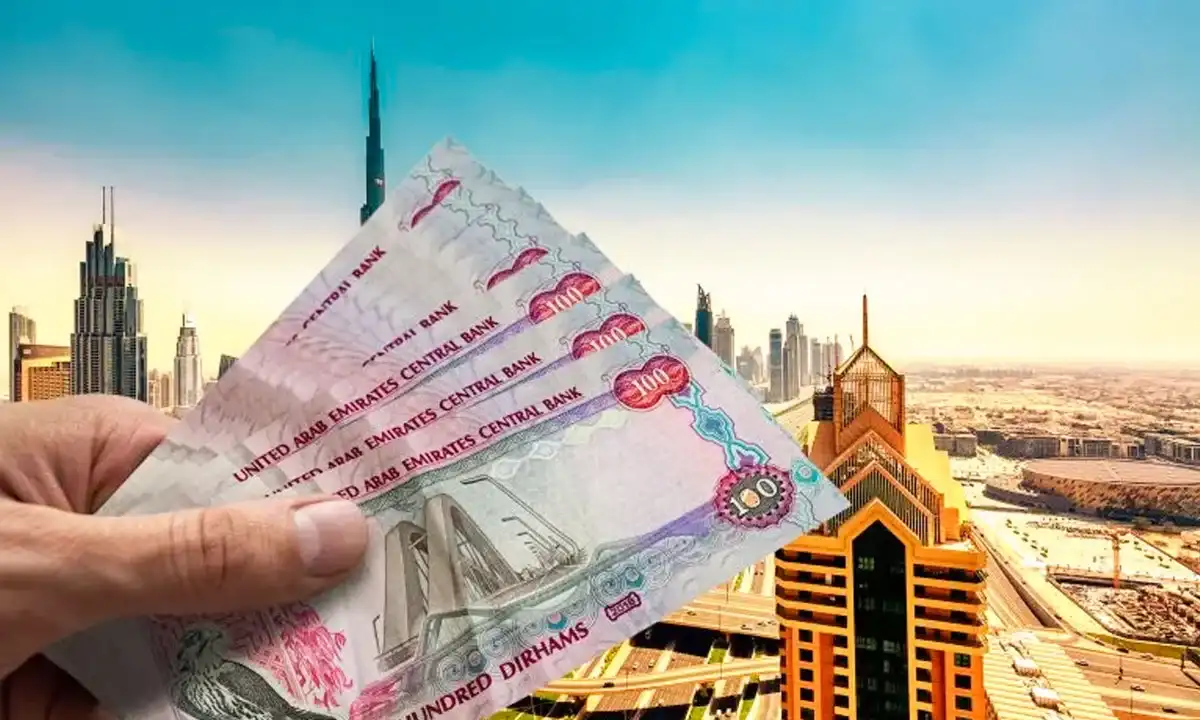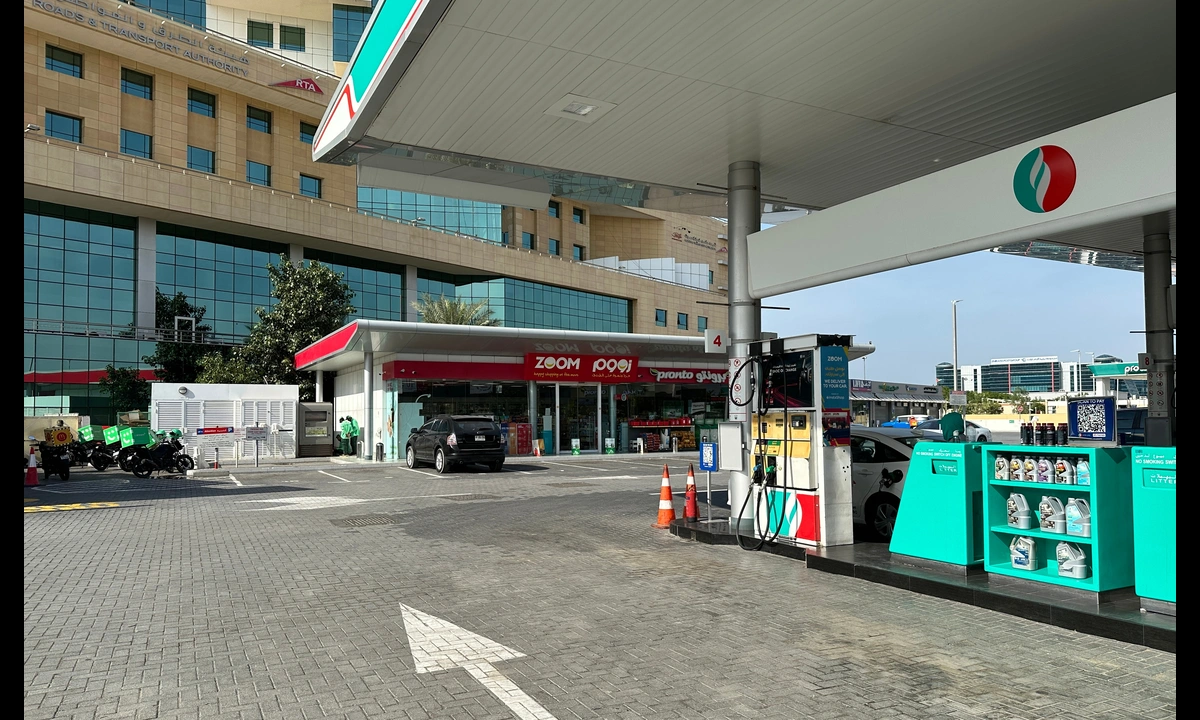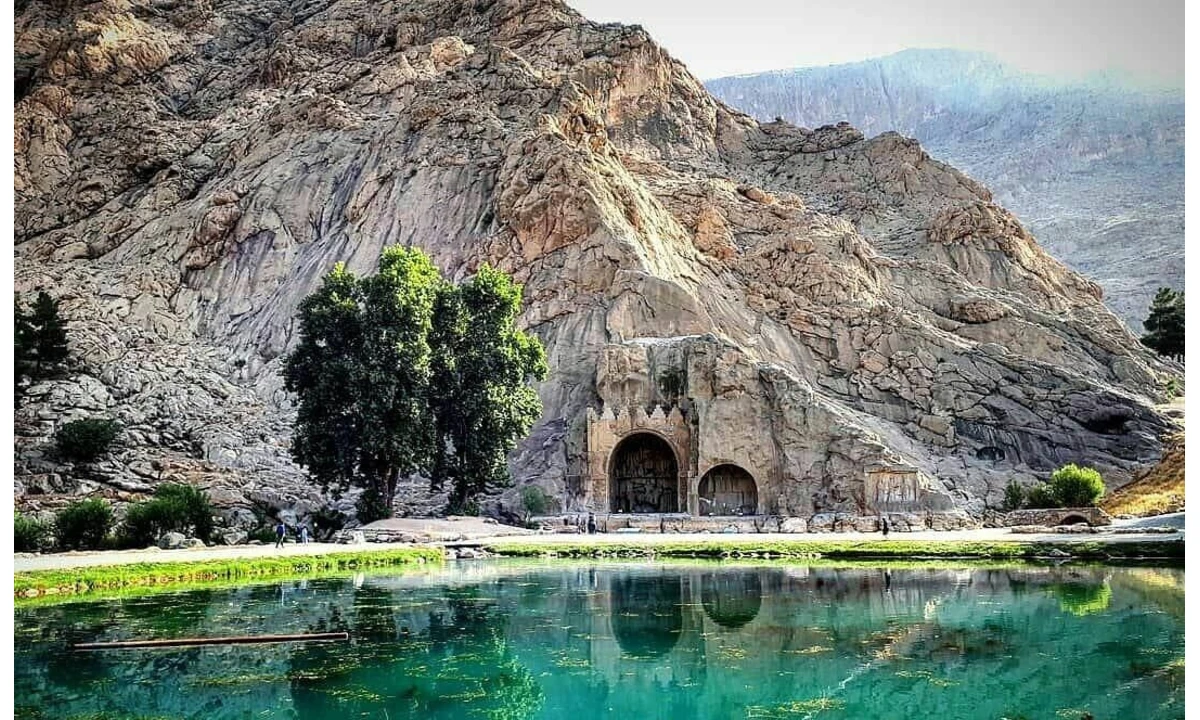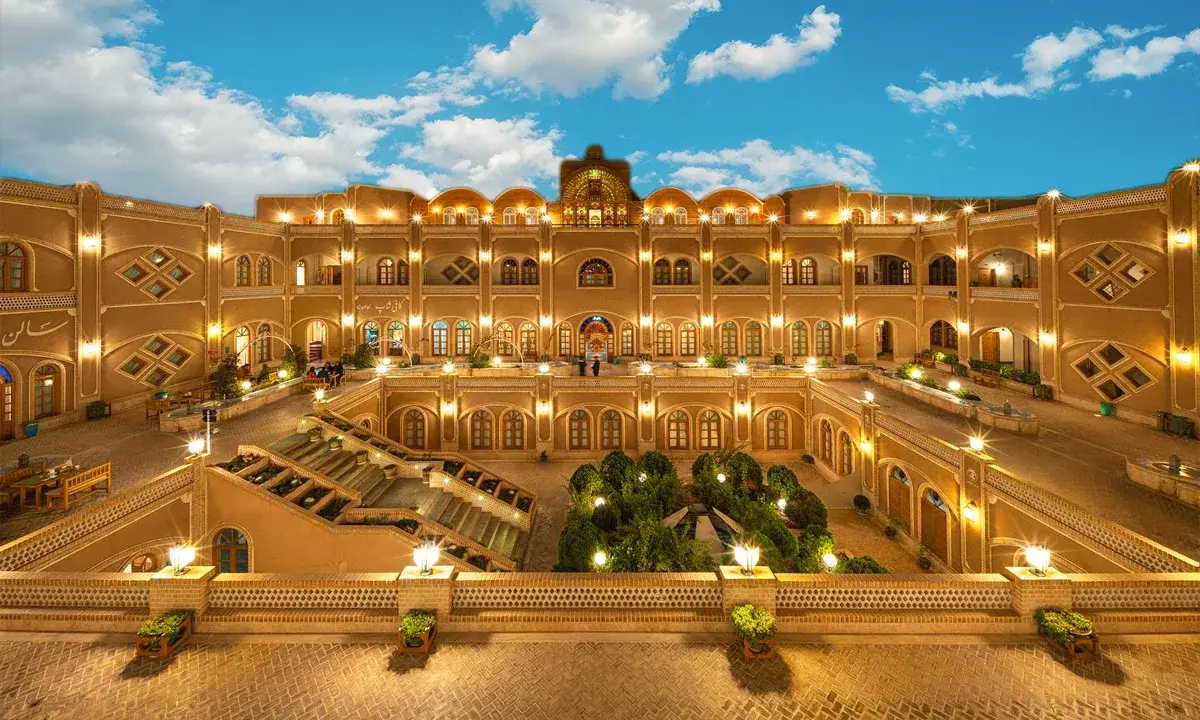Abyaneh | The Red Village in Iran
![]() Author : Alirezaa | Date : Sunday 26 January 2025 12:29
Author : Alirezaa | Date : Sunday 26 January 2025 12:29

Abyaneh, a quaint village in Iran's Isfahan Province, stands as a timeless emblem of the country's rich heritage. Nestled amidst the Karkas Mountains near Kashan, this ancient village, dating back to the Sassanian era, is celebrated for its strikingly preserved architecture and traditions. Its distinctive red mud-brick houses, set against a backdrop of natural beauty, evoke a sense of stepping back in time. Known as one of Iran's most well-preserved historical villages, Abyaneh is a living museum, offering a unique window into the past through its enduring customs, language, and attire. Its isolation has helped maintain a way of life virtually untouched by modernity, making it an invaluable treasure for both history enthusiasts and those seeking a genuine cultural experience. In this travel guide written by a local, You can find essential information for a memorable visit.
This Guide includes: Exploring Abyaneh, Abyaneh Photo Gallery, Things to Do in Abyaneh, History and Culture and some travel tips.
Exploring Abyaneh
Exploring Abyaneh is akin to stepping into a vivid tapestry of natural beauty, architectural marvels, and living traditions. This ancient village, cradled in the foothills of the Karkas mountains, offers a tranquil retreat from the modern world, inviting visitors to immerse themselves in its serene landscapes and rich cultural heritage.
Natural Beauty and Landscape
Abyaneh's setting is nothing short of breathtaking. The village is enveloped by the rugged beauty of the Karkas mountains, with its red mud-brick houses creating a striking contrast against the lush greenery in the spring and the snowy white vistas in the winter. The surrounding landscape is a haven for nature lovers, offering a myriad of trails that meander through the hills and valleys, perfect for photography and nature walks. Some of the best spots for capturing the essence of Abyaneh's beauty include the viewpoints overlooking the village, where the panoramic views at sunrise or sunset are truly mesmerizing.
✔️Read More : Top Natural Wonders in Iran 2024
Architectural Highlights
The architecture of Abyaneh is a testament to the village's ability to harmonize with its natural surroundings. The red mud-brick houses, characteristic of the village's landscape, are built with techniques passed down through generations, blending seamlessly into the mountainous terrain. These houses, with their flat roofs, wooden balconies, and lattice windows, not only reflect the traditional architectural style but also the ingenuity of its people in creating a sustainable living environment.
Significant buildings within Abyaneh include several ancient mosques and shrines, each with its own history and architectural significance. Among these, the Zoroastrian fire temple stands out as a symbol of the village's pre-Islamic heritage, offering a glimpse into the religious practices that have shaped the community's identity. Other notable structures include the Jameh Mosque of Abyaneh, with its beautifully carved wooden mihrab dating back to the Seljuk era.
Local Life and Traditions
Life in Abyaneh is a beautiful encapsulation of tradition and continuity. The villagers, deeply rooted in their ancestral customs, continue to live a lifestyle that has been passed down through centuries. This commitment to tradition is evident in their daily routines, from the way they dress to the agricultural practices that sustain their community.
Local crafts, particularly weaving and embroidery, play a significant role in Abyaneh's cultural expression, with handmade textiles being a common sight. Agriculture remains a cornerstone of life here, with terraced farming techniques used to cultivate pomegranates, apples, and walnuts, among other crops. The village is also renowned for its culinary specialties, which include traditional Persian dishes prepared with a local twist, offering visitors a taste of Abyaneh's rich culinary heritage.
Exploring Abyaneh is an opportunity to experience the beauty of Iran's natural landscapes, the intricacy of its architectural achievements, and the resilience of its cultural traditions. It's a journey through time, offering insights into a way of life that has endured the ages.
Abyaneh Photo Gallery
.webp)
.webp)
.webp)
.webp)
.webp)
.webp)
.webp)
.webp)
.webp)
.webp)
.webp)
.webp)
.webp)
.webp)
.webp)
.webp)
.webp)
Things to Do in Abyaneh
Visiting Abyaneh, a village steeped in history and culture, offers a range of activities for travelers seeking both adventure and a deeper understanding of Iran's rich heritage. Here are some recommended activities in and around Abyaneh, along with tips for engaging with the local community and participating in traditional events:
Cultural Experiences
- Village Walk: Embark on a guided tour of Abyaneh to learn about its history, architecture, and traditions. Walking through the village streets offers an intimate glimpse into the local way of life.
- Visit Historical Sites: Explore Abyaneh's ancient mosques, shrines, and the Zoroastrian fire temple. These sites provide insight into the religious and cultural fabric of the village.
- Local Craft Workshops: Participate in workshops or visit local artisans to see traditional crafts being made, such as weaving and pottery. This is an excellent opportunity to appreciate the village's artistic heritage and even purchase unique souvenirs.
Hiking Trails
- Mountain Trails: The Karkas mountain range around Abyaneh offers several hiking trails that cater to different fitness levels. These trails provide stunning views of the village and its surrounding natural landscape. Always ensure you're adequately prepared for mountain hikes, with proper gear and supplies.
- Nature Walks: For those looking for less strenuous activities, there are numerous nature walks around Abyaneh that allow you to enjoy the tranquility and beauty of the area.
Local Festivals
- Nowruz Celebrations: If you're visiting during the Iranian New Year (late March), you'll witness Nowruz celebrations, an excellent time to experience Persian culture, traditions, and cuisine.
- Other Traditional Events: Inquire about local festivals or religious observances happening during your visit. Participating in these events can offer a profound insight into the community's values and traditions.
Tips for Interacting with Locals and Participating in Traditional Events
- Learn Basic Persian Phrases: Knowing simple greetings and expressions can go a long way in connecting with the villagers. It shows respect for their culture and can open doors to more authentic interactions.
- Dress Modestly: Respect local customs by dressing modestly, especially when visiting religious sites or participating in traditional events.
- Ask Permission Before Taking Photos: While Abyaneh's residents are generally welcoming, always ask for permission before photographing people, especially during personal or religious moments.
- Support Local Businesses: Whether it's dining at a local eatery, staying in family-run accommodations, or buying crafts from local artisans, supporting the village's economy helps preserve its cultural heritage.
- Be Open and Respectful: Show interest in learning about local customs and traditions. Listen attentively when locals share stories or explain aspects of their culture. This respect and openness often lead to more meaningful and enriching experiences.
Engaging in these activities not only enriches your travel experience but also contributes to the preservation and appreciation of Abyaneh's unique cultural landscape.
History and Culture
Abyaneh's history is as rich and layered as the landscape that surrounds it. Founded during the Sassanian era, over 2,000 years ago, this village has witnessed the ebb and flow of Iranian history, from the Islamic conquest to the modern era. Its strategic location in the Karkas mountains provided a natural defense against invasions, allowing Abyaneh to preserve its unique identity through centuries of tumultuous history. This enduring legacy is evident in every corner of the village, from its ancient language to its architectural marvels.
The culture of Abyaneh is a vivid tapestry of ancient customs and traditions that have been meticulously preserved by its inhabitants. The villagers speak a dialect that traces its roots back to Middle Persian, offering linguists and historians a living link to Iran's pre-Islamic past. The customs and traditions of Abyaneh are deeply intertwined with the Zoroastrian religion, reflecting the village's pre-Islamic heritage. Festivals and rituals, many of which have been celebrated for centuries, continue to play a central role in community life, binding the present to the past.
Traditional costumes are a hallmark of Abyaneh's cultural identity, with women wearing brightly colored dresses and floral scarves, and men donning wide-legged trousers and long coats. These costumes not only serve as a symbol of cultural pride but also provide insights into the village's social and historical contexts.
The architectural style of Abyaneh is distinguished by its harmony with the natural environment. The red mud-brick houses, built with materials sourced from the surrounding landscape, blend seamlessly into the mountainside. This distinct reddish hue, combined with the wooden balconies and lattice windows, creates a picturesque setting that captivates visitors. The architectural design reflects the villagers' ingenuity in adapting to their environment, using available resources to construct homes that are both functional and beautiful. This distinctive style has not only contributed to Abyaneh's charm but has also played a crucial role in its preservation as a UNESCO World Heritage site candidate.
Through its enduring customs, language, and architectural heritage, Abyaneh offers a living window into Iran's past, making it an invaluable cultural treasure. Its ability to maintain its ancient traditions amidst the changing tides of history speaks to the resilience and pride of its inhabitants.
✔️Read More : Isfahan Travel Guide 2024 | Things to Do in Isfahan
Travel Tips
Visiting Abyaneh offers a unique glimpse into Iran's cultural depth and natural beauty. To make the most of your trip, consider these travel tips covering the best times to visit, accommodation options, and transportation advice.
Best Time to Visit Abyaneh
- Spring (March to May): Spring is arguably the best time to visit Abyaneh. The weather is pleasantly warm, and the surrounding nature bursts into life, offering a beautiful contrast to the village's red mud-brick houses. This season also coincides with Nowruz, the Persian New Year, providing an opportunity to experience local celebrations.
- Autumn (September to November): Autumn is another excellent time to visit. The weather is mild, and the changing colors of the landscape create a picturesque setting. It's a quieter season, ideal for those looking to avoid the larger crowds of spring.
✔️Read More : When is the best time to visit Iran? | 2024 update
Accommodations
- Staying in Abyaneh: For an immersive experience, consider staying in one of Abyaneh's guesthouses or small hotels. These accommodations offer a taste of local life and are often family-run, providing a warm, hospitable environment. Booking in advance is recommended, especially during peak seasons.
- Nearby Areas: If you prefer more conventional accommodations, the city of Kashan, located about 85 kilometers away, offers a wider range of hotels, from budget options to luxury accommodations. Staying in Kashan also allows you to explore its historical houses and gardens.
Transportation Tips
- From Tehran: Abyaneh is approximately 340 kilometers away from Tehran. The most convenient way to reach Abyaneh is by car or bus to Kashan, followed by a taxi to Abyaneh. The journey from Tehran to Kashan takes about 2.5 to 3 hours by car. From Kashan, it's about a 1.5-hour drive to Abyaneh.
- From Isfahan: Isfahan is around 175 kilometers from Abyaneh. Similar to traveling from Tehran, you can take a bus or drive to Kashan and then continue to Abyaneh by taxi. Direct taxis from Isfahan to Abyaneh are also an option, though more costly.
Additional Tips
- Driving: If you're comfortable driving in Iran, renting a car provides the flexibility to explore Abyaneh and the surrounding areas at your own pace.
- Public Transportation: While public buses to Kashan are readily available, the final leg to Abyaneh might require a taxi, as direct bus services to the village are limited. Coordinating with local guesthouses or hotels in advance for pickup from Kashan can be helpful.
- Cultural Considerations: Respect local customs and dress codes. While Abyaneh is a tourist-friendly village, conservative dress is appreciated, especially for women.
- Cash: Ensure you have enough cash, as ATMs are scarce in the village, and most local vendors do not accept credit cards.
Planning your visit with these tips in mind can help ensure a smooth and enjoyable journey to Abyaneh, allowing you to fully embrace the beauty and culture of this unique Iranian village.
Read More: Isfahan Travel Blog - Shiraz Travel Blog - Tehran Travel Blog - Kermanshah Travel Blog - Hamedan Travel Blog - Kashan Travel Blog - Tabriz Travel Blog
Last Word
Visiting Abyaneh has been a profound journey back in time, offering a unique window into the soul of Iran's rich cultural heritage. This ancient village, cradled by the rugged Karkas mountains, captivates with its red mud-brick houses and the enduring traditions of its people. Abyaneh is not just a place to visit but an experience to live, deeply moving and remarkably inspiring. It serves as a poignant reminder of the importance of preserving cultural identity in the face of modernity. I encourage everyone with a love for history, culture, and natural beauty to explore Abyaneh, to immerse themselves in its timeless charm. It's a journey that promises not only to enrich your understanding of Iran's ancient heritage but also to offer a serene retreat into a world where tradition and nature intertwine in perfect harmony.





